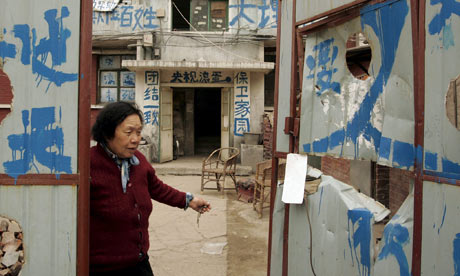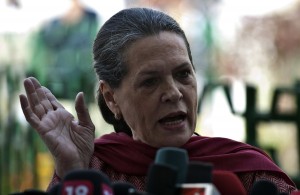By Irving Feng
Impunity Watch Reporter, Asia
BEIJING, China – Nephew of blind Chinese activist, Chen Guangcheng, faces charges of intentional infliction of injury after being detained for five months without any communication with friends, family or legal counsel.

Chen Kegui was taken into custody shortly after his uncle, Chen Guangcheng, escaped an alleged illegal house arrest and fled to the United States back in April. Chen Guangcheng, was under house arrest at his farm house, evaded dozens of armed guards, hidden cameras and other security measures during his miraculous escape. He made his way to the American Embassy in Beijing and eventually to the United States.
Chen Guangcheng had been in prison for four years prior to his 19 month house arrest stint for openly protesting China’s family planning policies involving forced sterilizations and forced late term abortions. Chen was imprisoned for inciting social unrest, disrupting traffic and causing property damage. His escape was seen as a great embarrassment to the Chinese government.
Shortly after his escape, plain clothes police officers entered the home of Chen’s nephew, Chen Kegui, and beat him and his family. The policemen scaled the wall and beat Chen Kegui in the courtyard of his Shangdong home. When Chen Kegui grabbed a knife from the kitchen in order to defend himself and his family, three of the attackers were allegedly injured by his defensive actions.
The family alleges that it was impossible to tell that the attackers were in fact local police. They did not wear any uniforms, did not announce their identity, and intruded the home without any proper documentation such as a search warrant. Chen Kegui was hauled away by the police and initially charged with intentional homicide.
Chen Kegui was allegedly beaten and interrogated for several days after the abduction regarding the whereabouts and escape of his uncle. The family has not seen their son since the incident at their Shangdong home. They have only received a formal notification of the arrest from the police and the possible charges against Chen Kegui.
Although the charges have since been dropped down from intentional homicide to intentional infliction of injury against the policemen who abducted Chen Kegui, Jerome Cohen, an expert on Chinese law at the New York University School of Law, believes there is a high likelihood of conviction.
Given the high profile nature of the case and the possible connection to Chen Guangcheng’s escape and embarrassment suffered by the Chinese government, the outcome of the case may have already been decided by local party officials. The formal proceedings such as the indictment and trial may be just a charade to fabricate some semblance of a fair and just legal system.
For further information, please see:
The Daily Beast – Chinese Dissident Chen Guangcheng’s Nephew Faces Assault Charges – 13 October 2012
The New York Times – Charges Likely for Chinese Activist’s Nephew – 13 October 2012
Radio Free Asia – Chen’s Nephew Faces New Charges – 13 October 2012
Reuters – Blind Chinese activist says nephew could face unfair trial – 13 October 2012


